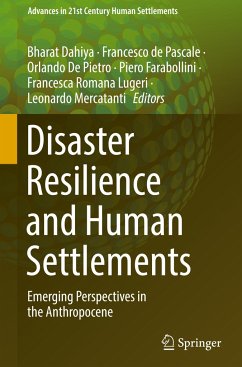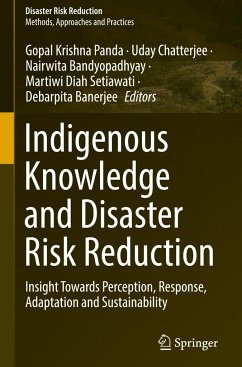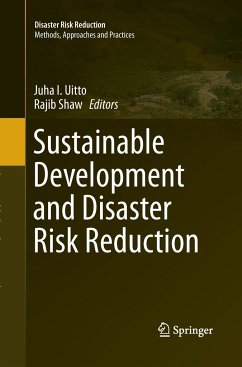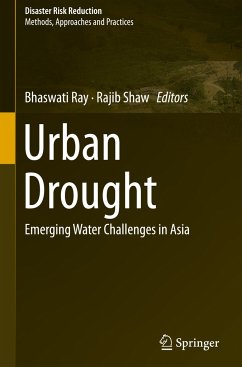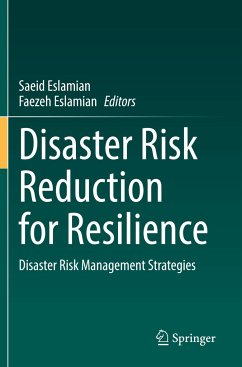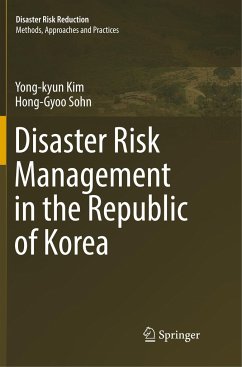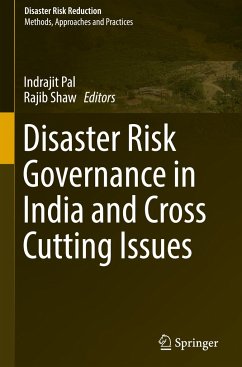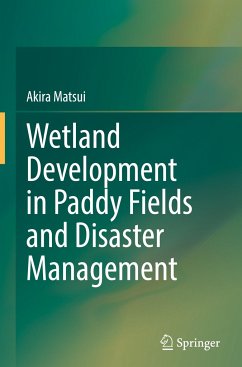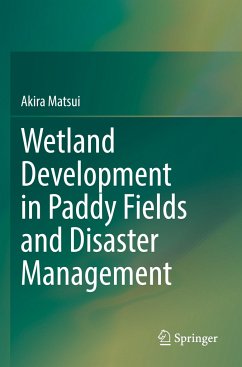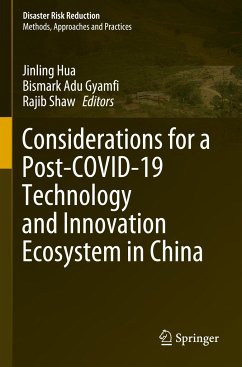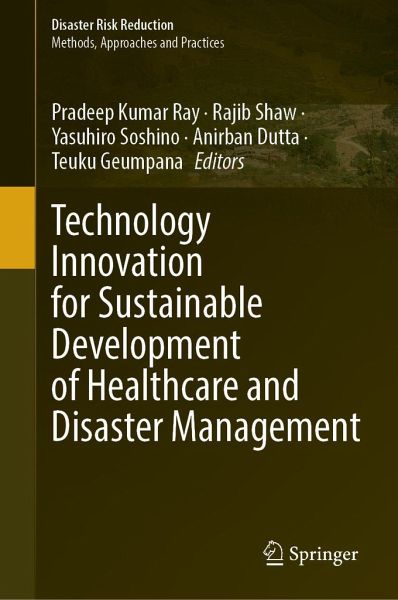
Technology Innovation for Sustainable Development of Healthcare and Disaster Management

PAYBACK Punkte
49 °P sammeln!
This book provides holistic case studies of technology development, examples of its complexities and an in-depth analysis from the perspective of information infrastructure. Natural disasters such as cyclones, tsunamis, earthquakes and volcanoes have disrupted the lives of people all over the world, particularly in Asia. In order to manage disasters and mitigate the damage, many technologies-surveillance systems, for instance-have been developed. An example of natural disaster is the ongoing devastation caused by COVID-19, which highlights the multi-disciplinary nature of disaster management, ...
This book provides holistic case studies of technology development, examples of its complexities and an in-depth analysis from the perspective of information infrastructure. Natural disasters such as cyclones, tsunamis, earthquakes and volcanoes have disrupted the lives of people all over the world, particularly in Asia. In order to manage disasters and mitigate the damage, many technologies-surveillance systems, for instance-have been developed. An example of natural disaster is the ongoing devastation caused by COVID-19, which highlights the multi-disciplinary nature of disaster management, including agriculture, healthcare, economics, environment, engineering and technology. The pandemic has also led to the development and uptake of technologies such as vaccine development, new biotechnological innovations, telemedicine, the Internet of things (IoT) and mobile health (mHealth) all over the world. The United Nations Sustainable Development Goals (SDGs) programme suggests anintegrated approach to their development. For example, healthcare needs to be addressed in holistic perspectives including education, environment, economy and regulations, among others.
These goals create challenges in the development, validation and deployment of new technology, with this book presenting a discussion of innovations in sustainable development of healthcare in the multi-disciplinary context of SDGs.
These goals create challenges in the development, validation and deployment of new technology, with this book presenting a discussion of innovations in sustainable development of healthcare in the multi-disciplinary context of SDGs.



